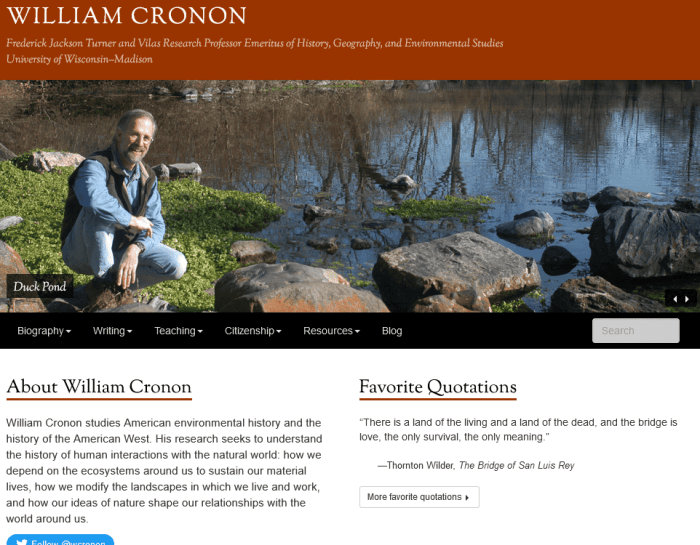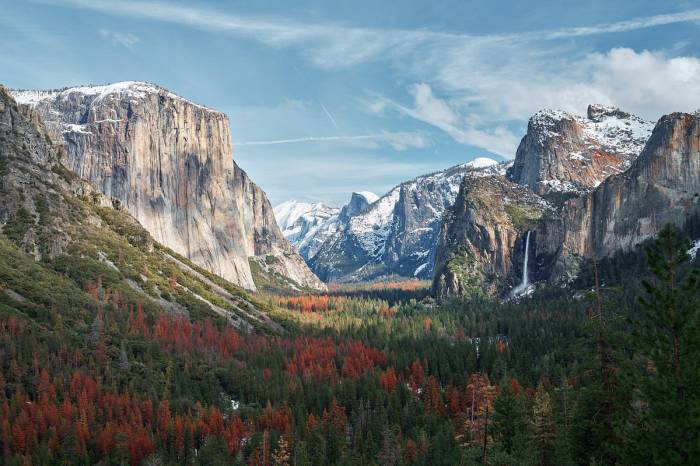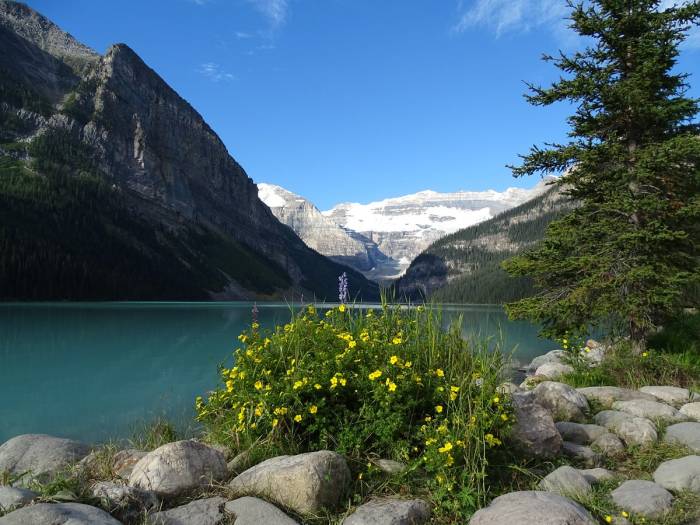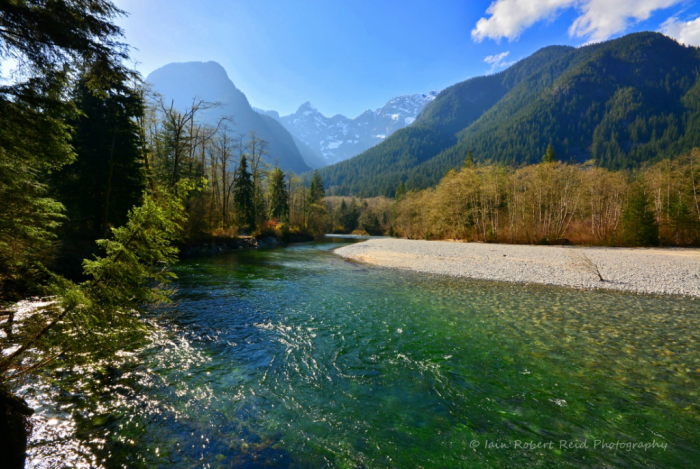The trouble with wilderness william cronon summary – William Cronon’s seminal work, “The Trouble with Wilderness,” challenges the traditional dichotomy between wilderness and human society, arguing that the concept of wilderness is a social construct shaped by cultural and historical factors.
Cronon’s analysis delves into the complex relationship between nature and culture, the impact of westward expansion on Native American communities and the environment, and the evolution of environmentalism and conservation movements in the United States.
Wilderness and Civilization: The Trouble With Wilderness William Cronon Summary

William Cronon’s “The Trouble with Wilderness” challenges the traditional dichotomy between wilderness and civilization, arguing that the two are inextricably linked.
Cronon argues that the concept of wilderness is a product of European culture, and that the idea of a pristine, untouched wilderness is a myth. He shows how human activity has shaped the American landscape for centuries, and that the so-called wilderness areas are often the result of human intervention.
The Myth of the Frontier
Cronon also debunks the myth of the American frontier as a place of endless opportunity and freedom. He shows how westward expansion was a process of conquest and displacement, and that it had a devastating impact on Native American communities and the environment.
Cronon argues that the myth of the frontier has led to a false sense of American exceptionalism, and that it has made it difficult for Americans to come to terms with the environmental consequences of their actions.
Nature and Culture, The trouble with wilderness william cronon summary
Cronon argues that the relationship between nature and culture is complex and dynamic. He shows how human activities shape the natural world, and how the natural world in turn shapes human culture.
Cronon argues that we need to move beyond the traditional dichotomy between nature and culture, and to recognize that the two are inextricably linked.
Environmentalism and Conservation
Cronon traces the evolution of environmentalism and conservation movements in the United States. He shows how these movements have been shaped by the changing relationship between nature and culture.
Cronon argues that we need to develop a new environmental ethic that is based on the recognition of the interconnectedness of nature and culture.
The Future of Wilderness
Cronon discusses the challenges and opportunities facing wilderness in the 21st century. He argues that we need to find new ways to protect and restore wild places, and that we need to develop a new understanding of the relationship between nature and culture.
Cronon concludes by arguing that the future of wilderness depends on our ability to move beyond the traditional dichotomy between nature and culture, and to recognize the interconnectedness of all things.
FAQ Summary
What is the central argument of “The Trouble with Wilderness”?
Cronon argues that the concept of wilderness is a social construct that has been shaped by cultural and historical factors, and that the traditional dichotomy between wilderness and human society is a false one.
How does Cronon challenge the myth of the American frontier?
Cronon argues that the myth of the American frontier as a place of endless opportunity and freedom is a myth that has been used to justify the westward expansion of the United States and the displacement of Native American communities.
What is Cronon’s view of the relationship between nature and culture?
Cronon argues that the relationship between nature and culture is a complex one, and that human activities both shape and are shaped by the natural world.


